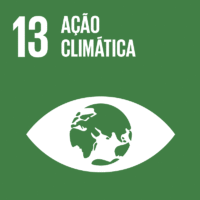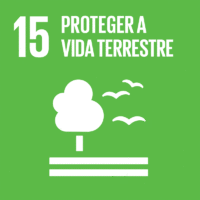Ciência_Iscte
Publicações
Descrição Detalhada da Publicação
Living by the sea: Place attachment, coastal risk perception, and eco-anxiety when coping with climate change
Título Revista
Frontiers in Psychology
Ano (publicação definitiva)
2023
Língua
Inglês
País
Suíça
Mais Informação
Web of Science®
Scopus
Google Scholar
Esta publicação não está indexada no Overton
Abstract/Resumo
Climate change poses major threats to coastal regions. In Portugal, the Aveiro district is one of the most vulnerable areas due to urbanized areas’ exposure to the dangers of rising water. The prospect of flood threats can trigger a range of cognitions and emotions that affect adaptation and mitigation measures’ success. This study sought to examine whether active and traditional place attachment is associated with residents’ active and passive coping strategies to deal with the risk of rising water levels. An additional aim was to clarify whether these relationships are mediated by risk perception and eco-anxiety. The links between individuals’ level of trust in authorities and coping mechanisms were also examined. An online questionnaire was completed by 197 Aveiro residents. The data show that active place attachment is connected to greater risk perception, eco-anxiety, and adoption of active coping strategies (e.g., problem solving). Low eco-anxiety was also found to have a positive effect on active coping strategies. Lower trust in the responsible authorities was additionally associated with active coping mechanisms. Overall, the results support the sequential mediation model for active coping but not for passive coping. The findings reinforce the need to consider cognitive factors (e.g., risk perception) and emotional factors (e.g., place attachment and practical eco-anxiety) to understand more fully how coastal residents deal with flood threats. Practical implications for policymakers are discussed.
Agradecimentos/Acknowledgements
--
Palavras-chave
Place attachment,Risk perception,Eco-anxiety,Coping strategies,Trust in authorities,Coastal areas,Aveiro
Classificação Fields of Science and Technology
- Psicologia - Ciências Sociais
Registos de financiamentos
| Referência de financiamento | Entidade Financiadora |
|---|---|
| UID/03125/2020 | Fundação para a Ciência e a Tecnologia |
| DL 57/2016/CP1359/CT0004 | Fundação para a Ciência e a Tecnologia |
Contribuições para os Objetivos do Desenvolvimento Sustentável das Nações Unidas
Com o objetivo de aumentar a investigação direcionada para o cumprimento dos Objetivos do Desenvolvimento Sustentável para 2030 das Nações Unidas, é disponibilizada no Ciência_Iscte a possibilidade de associação, quando aplicável, dos artigos científicos aos Objetivos do Desenvolvimento Sustentável. Estes são os Objetivos do Desenvolvimento Sustentável identificados pelo(s) autor(es) para esta publicação. Para uma informação detalhada dos Objetivos do Desenvolvimento Sustentável, clique aqui.

 English
English




